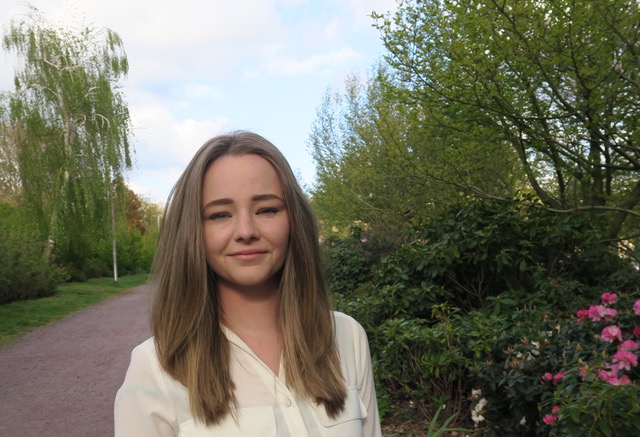Studies show that over 80% of us struggle with varying degrees of eco-anxiety, with the resounding emotions being sadness, anger, guilt and helplessness. These are difficult emotions to live with and can set the stage for issues like depression, anxietyand substance abuse. However, we often fail to grasp the full spectrum of coping mechanisms humans use in response to difficult emotions. For example, back in 2019, I was as terrified about climate change as I am today. But I was also doing very little about it. Sure, I recycled and avoided fast fashion, but I also ate meat and flew like it was nobody’s business. I felt guilty about doing these things, yet I couldn’t seem to respond to that guilt in any productive manner.
Looking back, I can see that the climate crisis provoked feelings of dependency and helplessness in me. Because I found emotions like these too difficult to face, I relied on projection and disavowal to function. While these responses were unhelpful, they were, in a sense, the best tools I had in my kit at the time. I know I am not alone in this response. But I also know that we are at a point in human history where we cannot afford the luxury of emotional avoidance. So, as our summers heat up and pandemics become more frequent, it is crucial to recognise that our mental health is not only impacted by climate change, it also affects how we respond to it.
The age of anxiety: climate change and psychosocial wellbeing
The Americal Psychological Association defines eco-anxiety as a chronic fear of environmental doom. It typically manifests as a feeling of helplessness and frustration at one’s powerlessness in the face of ecological destruction. Common harmful coping strategies for dealing with it include:
1. Projection
Projection is a psychological term that denotes ‘putting’ undesirable feelings or emotions into someone or something else. For example, maybe you know about the risks of climate change, yet do not feel too emotionally reactive towards it. However, you are becoming increasingly afraid of seemingly unrelated things. In this instance, you could have projected your concern about the planet into something more ‘within your control’, such as your well-being.
2. Denial
Denial is an all-too-well-known reaction to climate change that poses terrifying risks. Denial refers to an unconscious attempt to rid oneself of reality by maintaining that it is not there. Climate change deniers are an extreme example, but more subtle versions exist. For instance, if someone minimises the impact of climate change because “climates have changed before”, it could indicate that they are using denial to cope.
3. Disavowal
Disavowal is a type of psychological dissociation which involves inducing a split within the psyche. Specifically, when someone disavows something, it is both seen and not seen simultaneously. For instance, an individual intellectually knows that climate change is real and imminent, but does not believe that he can do anything about it. He may discuss it with friends and articulate his fears, but a dissociation occurs when it comes to his own lifestyle.
Why do some people respond to the climate crisis like this?
Many psychoanalytic thinkers have argued that eco-anxiety is perpetuated by the evident fact that world leaders are not doing enough to protect us, and it is painful to feel so uncared for. As a result, our fears about climate change can all too quickly become entangled with childhood experiences of abandonment and dependency. Hence, we tend to respond to that fear similarly to how we learnt to deal with it in childhood. For some of us, this could mean leaning into the feeling, exploring it, acknowledging it and creating strategies to deal with it – from not eating meat or flying, to protesting and voting in a manner that focuses on the environment. For others, this could mean avoiding the reality that surrounds them at all costs. Poignantly, because the mechanism is unconscious, even the most-attuned to the crisis could find themselves using unhelpful tools in times of panic.
For example, there is a famous psychoanalytic incident that has become a parable within the field. During World War II, a pivotal series of conferences took place in London. These meetings focused on theoretical conceptions of aggression and violence. Amidst a heated discussion, Donald Winnicott stood up to say, “I should like to point out that there is an air-raid going on outside.” In other words, even those who spent their lives studying human nature were not immune to using such coping strategies in times of crisis. And much like the psychoanalysts in the 40s, we are living through a difficult and dangerous period.
So, if you want to do more to help or are struggling with difficult feelings you cannot seem to find the root cause of, try to focus on how you feel about the climate crisis. Ideally, try to figure out what emotions the climate crisis provokes in you, how you typically respond to these feelings, and whether those strategies are helpful to both your own health and the health of the planet.
Written by Molly Fitz
